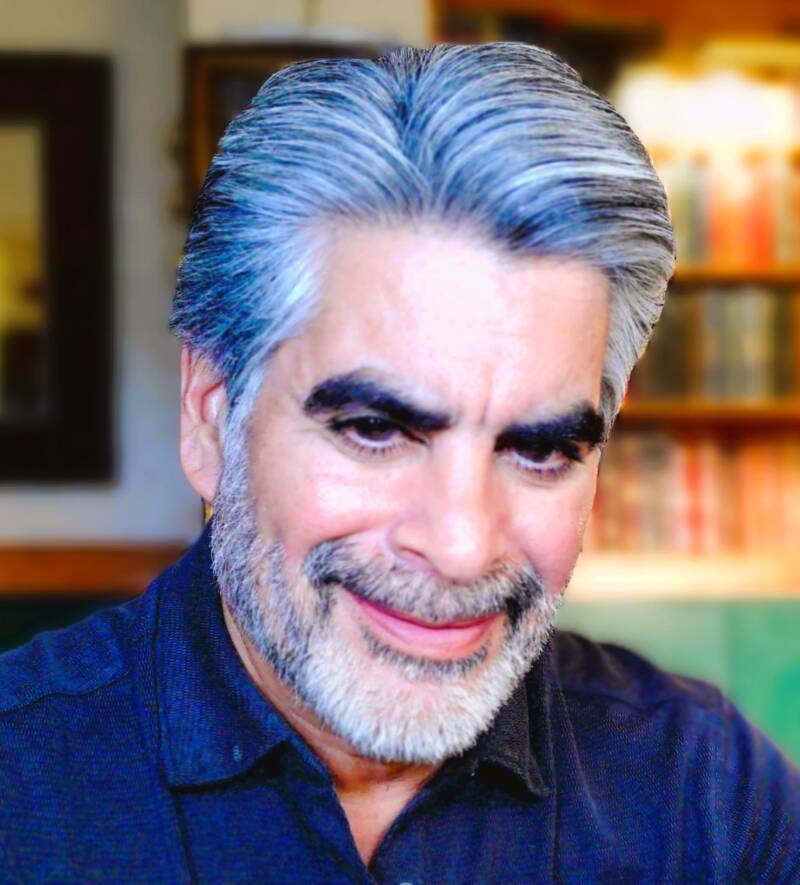
Welcome
My primary professional focus is clinical supervision and professional development for clinicians. I also maintain a therapy practice and continue to work directly with clients. Across both roles, I stay accountable to my own ongoing development through continued study, self-examination, and refinement of judgment because the quality of my work depends on it.
Supervision & Professional Development
As a clinical supervisor, my aim is to build long-term relationships that strengthen self-awareness, clinical judgment, and professional perspective in ways that support renewability. I offer professional consultations, individual supervision, advanced clinical skills groups, and clinician character development programs. These processes support growth and skill refinement while strengthening your internal supervisor, meaning, and purpose. Skills matter. Presence, values, and judgment shape the quality of our work.
I run a structured supervision process because early-career clinicians are entering a profession with real constraints: financial pressure, emotional exhaustion, administrative burden, and inconsistent support. Workforce data indicates that a meaningful minority are considering leaving the field within five years.
Structure protects the work. It clarifies expectations, stabilizes the supervision relationship, and supports consistent growth through clear goals, preparation, and follow-through. It also addresses a practical reality: many clinicians report difficulty building a stable caseload and were never trained to build a sustainable practice.
Read the AAMFT 2025 Workforce study
Learn more about Supervision
Learn more about Groups
Therapy
I also provide therapy. Grounded in an existential-humanistic, process-oriented framework, my approach integrates systemic theories to examine identity, lifespan development, cultural influences, and relational dynamics. I work with individuals to clarify values and ethics as lived commitments that shape choices, relationships, and responsibility.
Learn more about Therapy
Background and Orientation
I am a licensed psychotherapist, AAMFT Approved Supervisor, and former full professor with over two decades of experience training clinicians. My work integrates systemic practice, existential perspectives, and contemporary thinking on self-esteem and professional identity. I specialize in helping clinicians develop the judgment, stance, and character required for meaningful and sustainable practice. I am based in Colorado Springs and work with clients and supervisees throughout Colorado via telehealth.
Learn more about my Experience
Learn more about my Specialization
Client-Centered & Ethical Practice
My approach extends beyond skill-building. I focus on cultivating an ethical practice that remains accountable to the realities of human relationships. Whether you are seeking supervision or therapy, my role is to join you in disciplined reflection and practical development, with attention to:
- Professional-esteem as a stable internal posture
- Integrity expressed through concrete action
- Judgment that reflects values rather than reactivity
- A coherent identity capable of sustaining meaningful work
If this approach resonates with what you are seeking, contact me.

